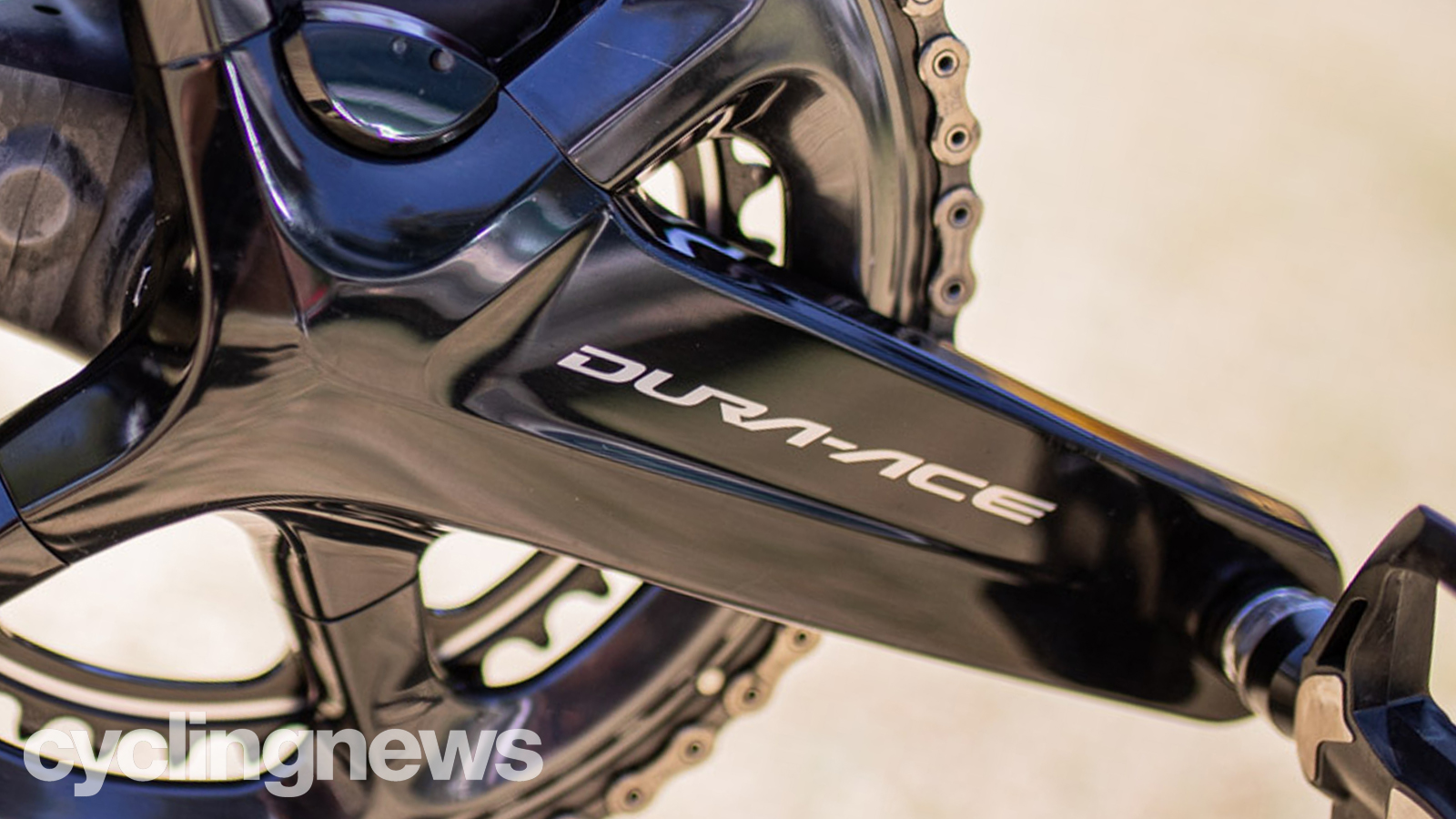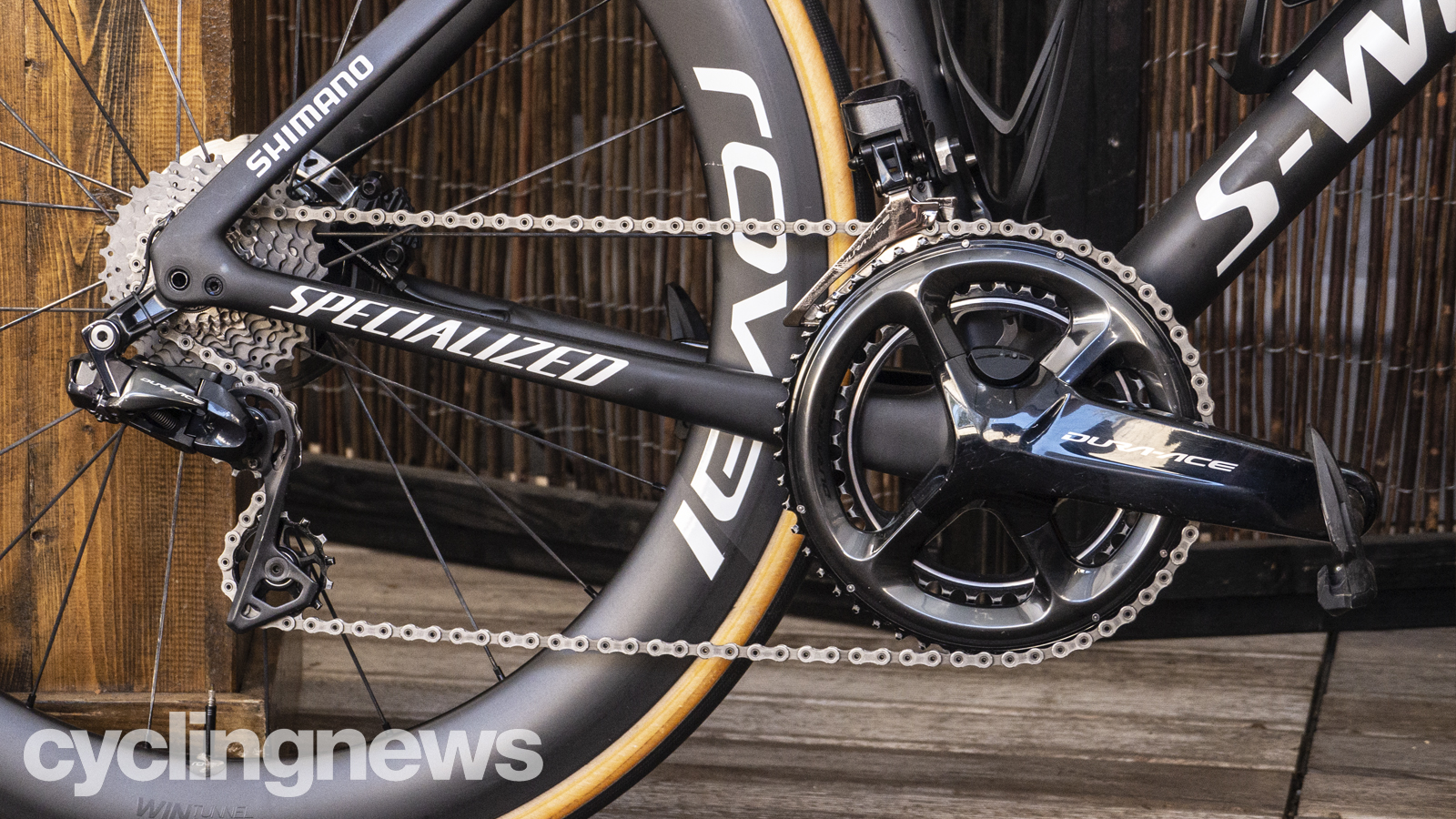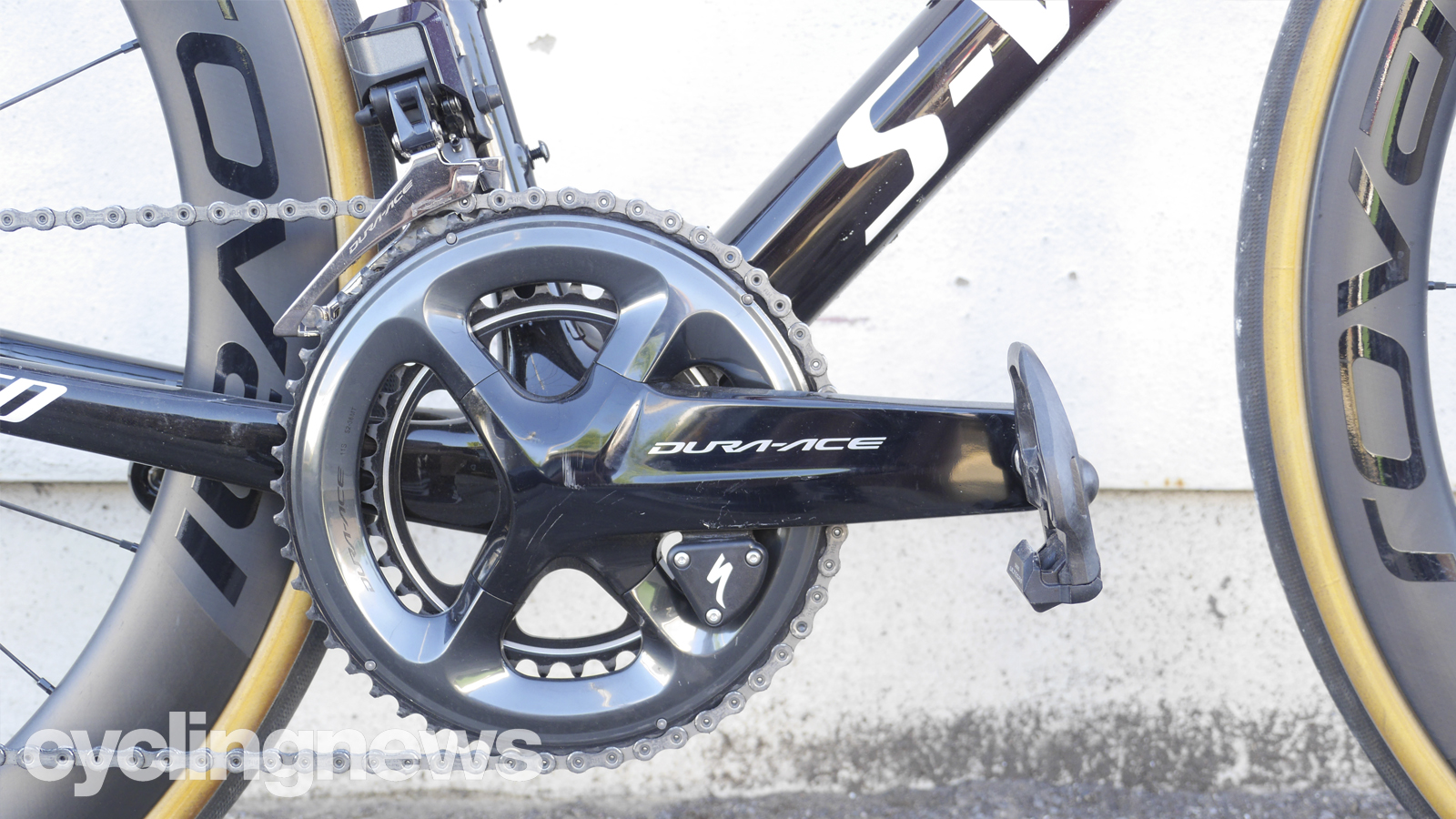Shimano faces class-action lawsuit following crankset recall
Lawyers allege that Shimano has been aware of the issue 'for years'

Following the recent recall of 2.8 million Shimano 11-speed road cranksets, a class action lawsuit has been filed in the United States against not only the component manufacturer Shimano, but bike manufacturers Specialized and Trek, too.
The 72-page document alleges that despite issuing the voluntary recall in September 2023, Shimano had been aware of the problem since at least as early as 2016.
It also provides various case studies of failures and references media coverage of crankset failures dating back to 2017.
Shimano issued its voluntary recall in conjunction with the United States Consumer Product Safety Commission (CPSC) on September 21, quickly followed by a global 'Inspection and Replacement Program'.
It is related to 11-speed Ultegra and Dura-Ace road cranksets manufactured between 2012 and 2019 across two model series. These were sold aftermarket, as well as OEM equipment on a variety of bikes, including but not limited to those from Specialized and Trek.
The potential failure in question related to delamination and separation of the bonded segments of the hollow-forged aluminium crank arms.
According to the CPSC, Shimano was aware of 4,519 incidents of failure. It's unclear whether this was a global figure or related solely to its jurisdiction of North America.
Get The Leadout Newsletter
The latest race content, interviews, features, reviews and expert buying guides, direct to your inbox!
The total number of affected users was quoted at 760,000 by the CPSC. Shimano later confirmed to Cyclingnews that the global figure was 2.8 million.
The action for owners is to take the affected crankset(s) to a local Shimano service centre where a mechanic will inspect it for "signs of bonding separation or delamination".
Where signs are found, a free crankset will be issued by Shimano. If not, riders "may continue using [the] crankset as normal".

"Inadequate"
The lawsuit alleges that Shimano is "deferring to local bike shops to make an important engineering determination" in order to save money.
It suggests this is "critical to rider safety" considering it relies "solely on visual inspection, without the benefit of stress testing." (58.b)
It also claims Shimano is "not offering any remedy for defective cranksets that have not yet begun to fail," leaving riders in the "frightening position of having to ride a dangerous bicycle for months or years, waiting on their cranksets to separate and potentially cause a crash before Shimano will give them a new one." (58.c)
It alleges that Shimano made the aforementioned decisions "for profit reasons." (59.)
Specialized and Trek
Later in the document, attention is turned to bike brands who have sold models fitted with the affected cranksets, claiming the defendants "fraudulently concealed" the defect. It cites Specialized and Trek as defendants in the case, but other brands including BMC are referenced in case studies.
It states, "Purchasers of Defective Cranksets or Class Bicycles paid more than they would have had the crankset defect been disclosed."
In addition, it claims that all defendants have "known of the defects in the cranksets for years." (70.)

Outside of the USA, a UK government report recently found that the cranksets don't meet current safety regulations. The two-page document from the Office for Product Safety and Standards claimed the cranksets posed a "medium risk" of injury to its users.
Crucially, it concluded "the affected products do not meet the requirements of the General Product Safety Regulations 2005".
When contacted by Cyclingnews, Shimano declined to comment.

Josh is Associate Editor of Cyclingnews – leading our content on the best bikes, kit and the latest breaking tech stories from the pro peloton. He has been with us since the summer of 2019 and throughout that time he's covered everything from buyer's guides and deals to the latest tech news and reviews.
On the bike, Josh has been riding and racing for over 15 years. He started out racing cross country in his teens back when 26-inch wheels and triple chainsets were still mainstream, but he found favour in road racing in his early 20s, racing at a local and national level for Somerset-based Team Tor 2000. These days he rides indoors for convenience and fitness, and outdoors for fun on road, gravel, 'cross and cross-country bikes, the latter usually with his two dogs in tow.